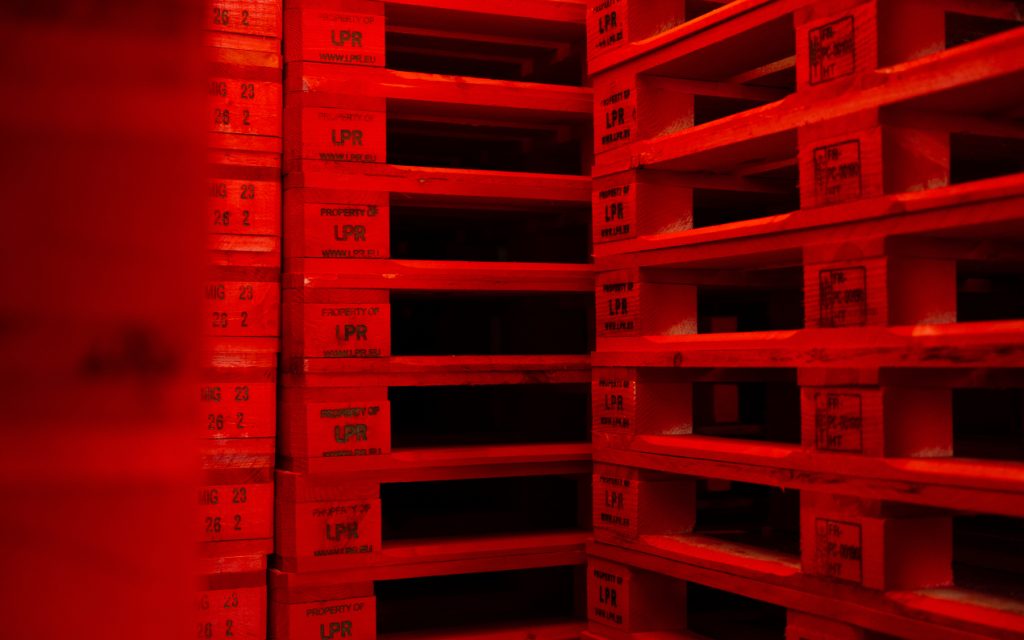There can be no doubt that the squeezing of margins continues to bite – not just across FMCG, but in almost every corner of everyday life.
Shockingly, it was confirmed recently that childhood delicacy, Freddo, has seen a 20 percent reduction in multi-pack size, but the price has remained the same…scandalous!
If businesses such as the mighty Mondelez are feeling the pinch – then what for the rest of us?
In the FMCG supply chain, it may not all be doom and gloom. With the EU-UK reset under way, and the announcement that a federal court ruling has outlawed the US President’s global tariffs (correct at the time of going to press), perhaps there is some light at the end of the tunnel.
In any event, for most businesses a route and cause analysis of costs can often turn up some unexpected savings.
Looking at the real total cost of an item can be eye opening. For example, can the quality of the product you are sourcing lead to down time in your operation? Is using the product labour intensive for your business? Does it create an administrative headache for your team?
One of the areas that can offer up cost savings is pallet pooling. LPR offers pallets which are industry leading in their quality, and the corners are chamfered so will feed smoothly into your automation. Fewer pallets becoming stuck is a quick win in reducing automation downtime, aside from the savings that can be seen as a result of fewer retailer rejection fines.

Using a pooled pallet from LPR creates efficiencies across your supply chain. A fully managed solution leaves you more time to focus on your core business; transport optimisation creates both sustainability benefits and helps your business contribute to the circular economy.
On the subject of sustainability benefits; pallet pooling is a clear example of Reduce, Reuse, Recycle in action.
LPR reduces the likelihood of damage and contamination by working only within the FMCG sector; their pallets are reused continually, being inspected and repaired on each rotation, until they can no longer be used; at which point they are broken down into their component parts, and recycled.
As no composite blocks are used in LPR’s pallets, the entire pallet can be recycled – into wood pellets for use in pet bedding and bio mass fuels.
Transport optimisation creates supply chain efficiencies and reduces the CO2 load too. LPR does this by optimising its transport routes to reduce empty loads; uses Hydrogenated Vegetable Oil (HVO) based fuels (where possible) in its trucks; and also utilises longer trailers.
Combining the use of HVO fuels and longer trailers, CO2 savings of up to 90% can be seen!
If you’d like to discuss how LPR can help you identify how savings can be made, and how its pallets can drive efficiencies across your business, give us a call on 01527 523311, or for more information: www.lpr.eu





